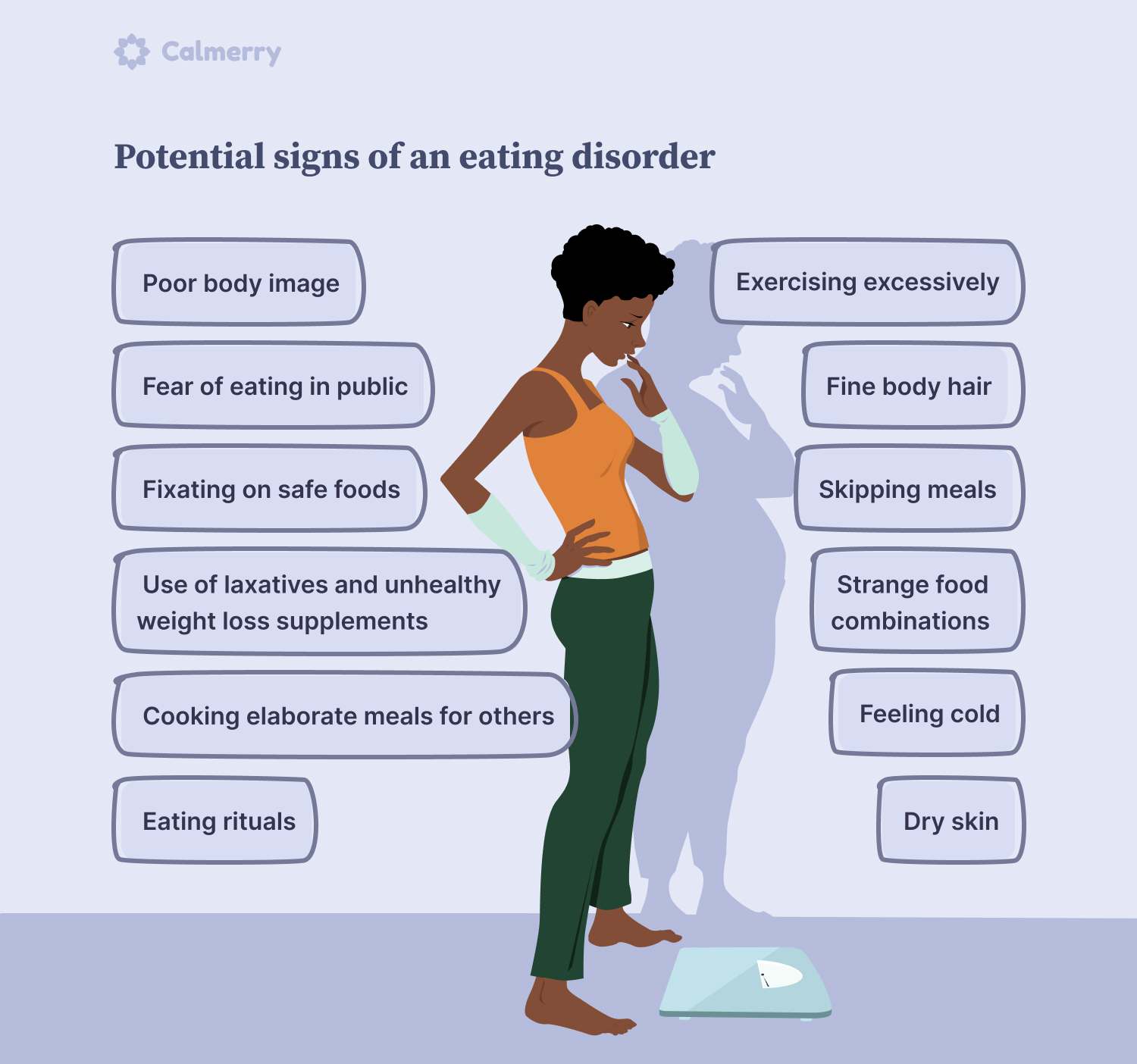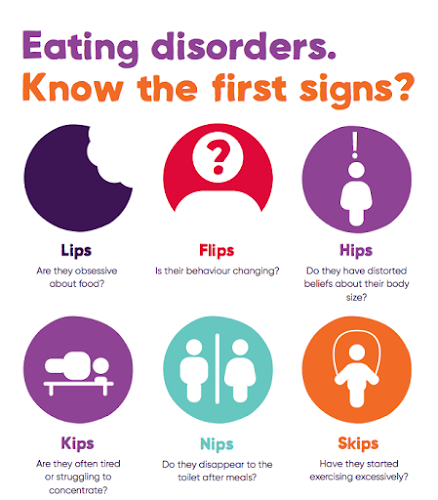Get relevant information about How To Know If I Have An Eating Disorder Reddit in this article, hopefully helping you in your information search.

How to Know If You Have an Eating Disorder: A Comprehensive Guide
In the tapestry of life, we are all unique threads, each with our own aspirations, struggles, and experiences. For some, the pursuit of a certain ideal can lead down a path of self-destruction, where the pursuit of thinness becomes an obsessive preoccupation. Eating disorders are complex mental illnesses that can manifest in many forms, often with subtle and insidious beginnings. Therefore, it is crucial to be aware of the signs and symptoms to facilitate early detection and timely intervention.
Recognizing the early warning signs of an eating disorder is paramount, as it can pave the way for prompt and effective treatment, potentially saving lives and alleviating immense suffering. In this comprehensive guide, we will delve into the complex world of eating disorders, providing a thorough understanding of their definition, history, and impact, while offering practical tips and expert advice based on the latest research and insights from the medical community.
Subtle Signs and Symptoms
Eating disorders are often shrouded in secrecy and denial, making it challenging for loved ones and individuals themselves to recognize the problem. However, certain subtle signs and symptoms can serve as red flags, including:
- Preoccupation with food, weight, and body image: Constant thoughts about calories, food, and weight, accompanied by excessive dieting and compulsive exercise.
- Distorted body perception: A distorted view of one’s own body, often perceiving oneself as overweight despite being underweight.
- Eating rituals and food avoidance: Unusual eating patterns, such as skipping meals, eating in secret, or avoiding specific food groups.
- Emotional eating: Using food to cope with negative emotions or stress.
- Changes in mood and behavior: Increased irritability, anxiety, depression, and social withdrawal.
It is important to note that these signs and symptoms vary in severity and manifestation, and not everyone who exhibits these behaviors necessarily has an eating disorder. However, if you or someone you know is struggling with these issues, it is essential to seek professional help.
Types of Eating Disorders
Eating disorders encompass a spectrum of conditions, each with its unique characteristics. The most common types include:
- Anorexia nervosa: An intense fear of gaining weight, leading to severe food restriction and weight loss.
- Bulimia nervosa: Characterized by cycles of binge eating (consuming large amounts of food in a short period) followed by purging (self-induced vomiting, laxative use, or excessive exercise).
- Binge-eating disorder: Recurrent episodes of binge eating without purging behaviors.
- Other specified feeding or eating disorder (OSFED): A category for eating disorders that do not meet the full criteria for anorexia nervosa, bulimia nervosa, or binge-eating disorder.
Physical and Mental Health Consequences
Eating disorders have severe physical and mental health consequences. Physical complications can include malnutrition, dehydration, electrolyte imbalances, heart problems, kidney problems, bone loss, and gastrointestinal issues. Mental health consequences can include anxiety, depression, substance abuse, and suicidal thoughts.
Treatment and Recovery
Treatment for eating disorders typically involves a multidisciplinary approach, including medical care, psychotherapy, and nutritional counseling. Medical care focuses on addressing any physical complications and ensuring the patient’s overall health. Psychotherapy aims to address the underlying psychological issues that contribute to the eating disorder, while nutritional counseling helps patients develop healthy eating habits.
Tips and Expert Advice
If you or someone you know is struggling with an eating disorder, there are several things you can do to help:
- Be supportive: Let the person know that you care about them and want to help.
- Encourage professional help: Encourage the person to seek professional help from a doctor, therapist, or registered dietitian.
- Educate yourself: Learn about eating disorders and their treatment.
- Be patient and understanding: Recovery from an eating disorder takes time and effort.
- Avoid judgment and criticism: Eating disorders are complex mental illnesses, and people with eating disorders should not be blamed or criticized for their behavior.
Frequently Asked Questions
Q: What is the difference between an eating disorder and disordered eating?
A: Disordered eating refers to unhealthy eating habits that may not meet the full criteria for an eating disorder. Eating disorders are more severe mental illnesses that can have life-threatening consequences.
Q: What are the risk factors for eating disorders?
A: Risk factors for eating disorders include genetics, personality traits, life experiences, and cultural influences.
Q: How can I help someone who is struggling with an eating disorder?
A: The best way to help someone who is struggling with an eating disorder is to be supportive and encourage them to seek professional help.
Conclusion
Eating disorders are serious mental illnesses that can have devastating consequences. However, with early detection and appropriate treatment, it is possible to achieve full recovery. If you or someone you know is struggling with an eating disorder, please know that you are not alone. There is help available, and recovery is possible. Take the first step towards a healthier future by reaching out for help today.

Image: myenviromind.blogspot.com
How To Know If I Have An Eating Disorder Reddit has been read by you on our site. We express our gratitude for your visit, and we hope this article is beneficial for you.